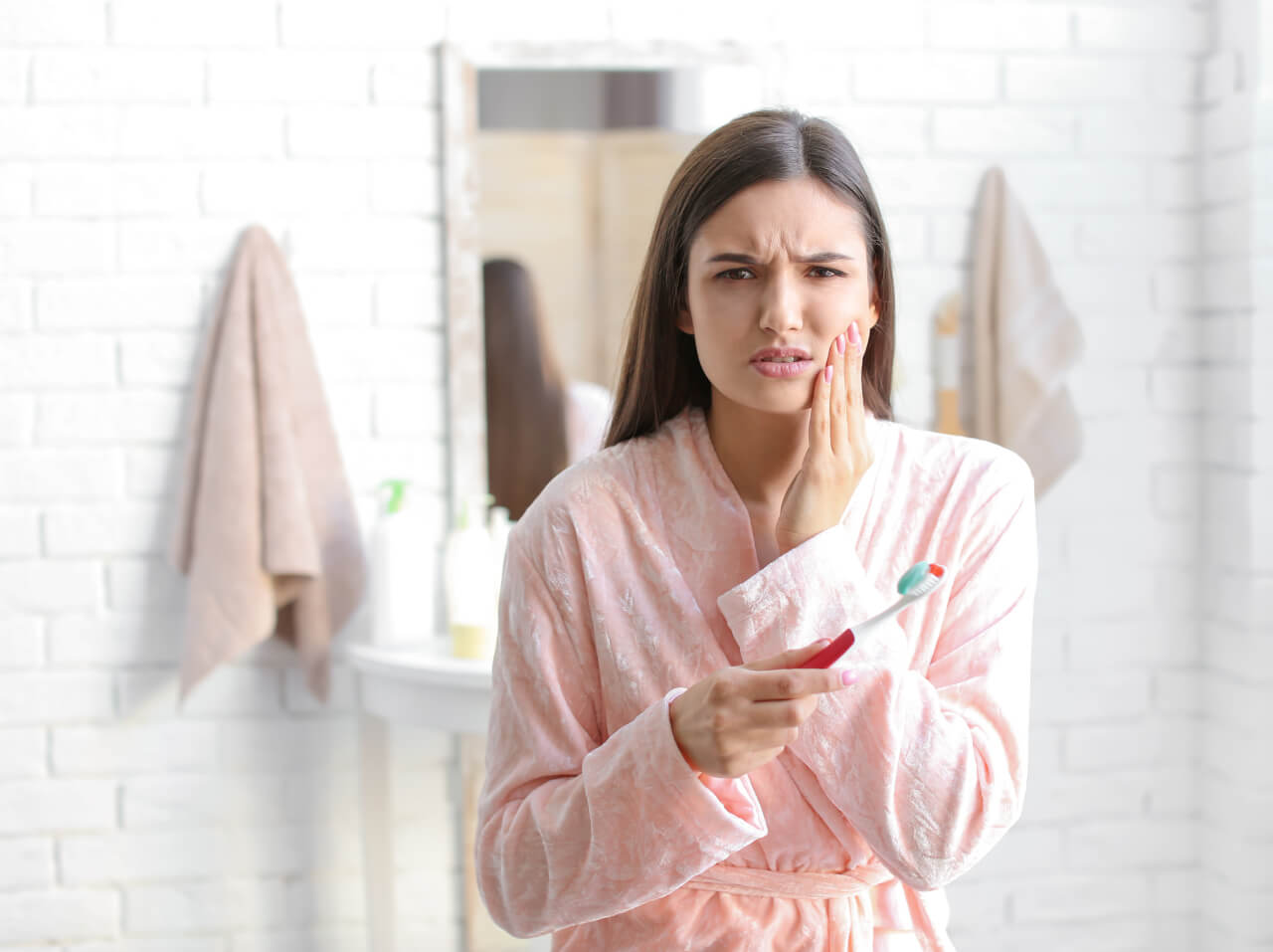If you stand in front of the shelf gallery with toothpaste, there are usually three types to choose from in the huge assortment of tubes: universal toothpaste, sensitive toothpaste, and toothpaste with a white statement. All three have similarities and peculiarities.
Universal toothpaste provides the standard care for natural teeth and usually promise positive effects for teeth and gums and especially protection against tooth decay. The decisive factor is, therefore, the active ingredient fluoride, which has been proven to prevent tooth decay.
Sensitive toothpaste protects sensitive teeth, often with little abrasion and pain-relieving substances. They are specifically designed for people with sensitive teeth. The most common cause is exposed tooth necks. Accordingly, the toothpaste should be gentle and have a low or very low abrasion. This does not apply to all sensitive toothpaste in the test. Fluoride-free sensitive creams rated poor because they lack proven caries protection.
Whitening agent toothpaste promises white teeth. If toothpaste hope for extra white teeth, they fall into this category. However, much of their effect relies on the removal of discoloration. Some contain activated carbon, which has been fashionable.
 The most important ingredient in toothpaste is fluoride. A toothpaste must contain fluoride to prevent tooth decay.
The most important ingredient in toothpaste is fluoride. A toothpaste must contain fluoride to prevent tooth decay.
Tooth decay is caused by bacterial plaque. Plaque bacteria feed on sugar from our food. They form acids that dissolve minerals from the enamel and damage it. With fluoridated toothpaste can be counteracted. The effectiveness is clear: Fluoride helps to restore minerals to the tooth surface. And it makes the teeth more resistant to acids – so it prevents tooth decay. Particularly suitable for caries prophylaxis are, in particular, toothpaste with amine fluoride, tin fluoride and those with sodium fluoride. In addition, fluorides have antimicrobial properties. So they not only prevent tooth decay but also have a plaque and anti-inflammatory effect.
You can filter the toothpaste according to the type of fluoride. Of course, toothpaste that deliberately does without fluoride does not succeed. We have no meaningful long-term clinical studies showing that it is as effective at protecting against decay as fluoride.


